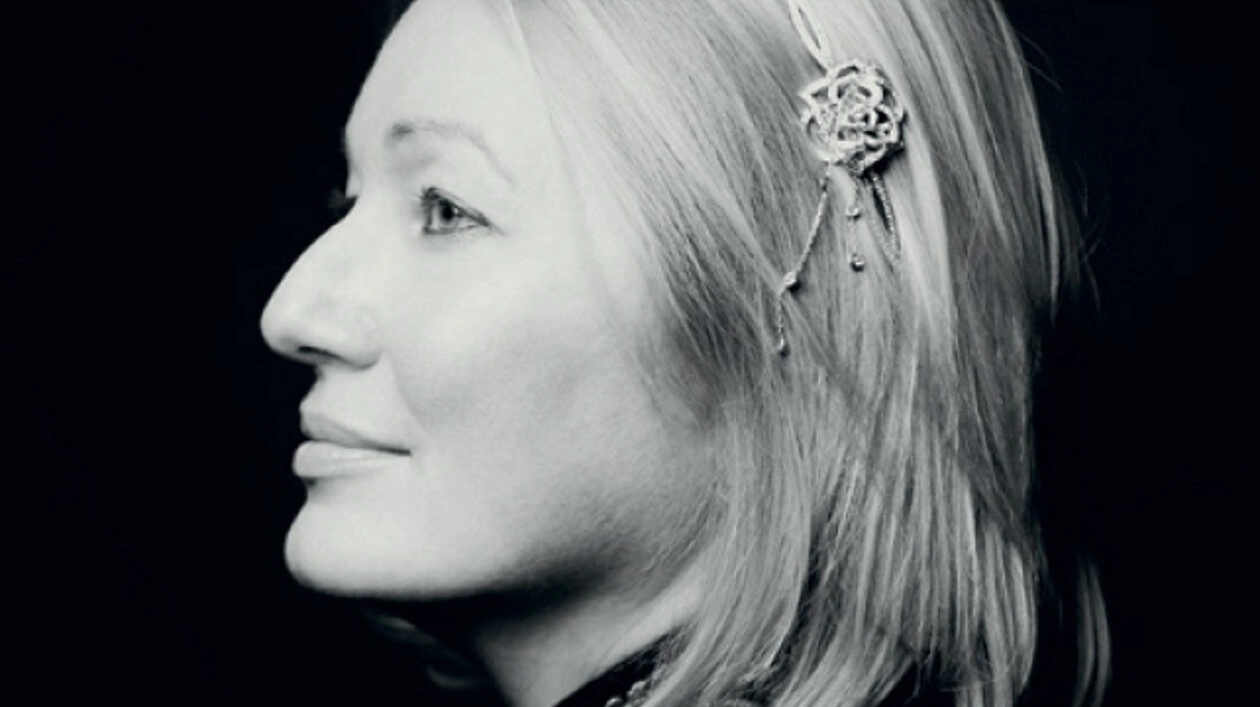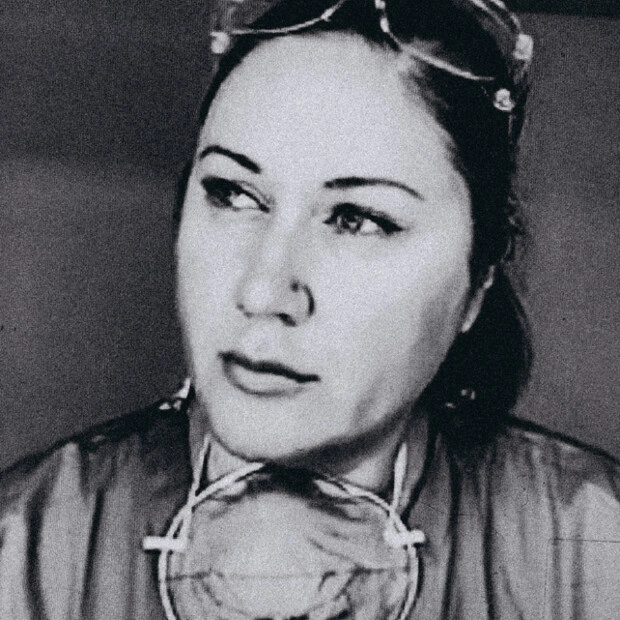At the first sight, what could be more innocent? A flower in the button hole contains a risk of becoming the reason of the end of the world because the opponent can take it absolutely wrongly and he might carry a case with the red button. Our columnist, a specialist in European etiquette and the founder of project Etiquette748, Ksenia Markova is on the special section of etiquette where simple decisions have complicated and long-lasting consequences.
In many walks of life, courtesies have been codified as an aid to understanding for new entrants at the start of their careers. Examples abound in government service, the legal profession and academia but the best known are the rules governing behaviour and precedent amongst state representatives, known as diplomatic protocol. The word protocol simply means rule. The US Foreign Service training handbook for diplomats runs to 34 pages detailing modes of address, seating arrangements at table and other almost commonsense statements of behaviour. Emphasis is laid on the importance of observing the behaviour codes of other country’s culture, for example alcohol consumption in some Arab states.
Recently a number of European countries held ceremonies commemorating the end in November 1918 of the First World War. In the case of the United Kingdom, an artificial poppy is worn in memory of the war dead. Why the common poppy? The battlefields of northern France were churned over endlessly during the four years of the war, exposing the poppy seed and after the conflict stopped and summer came, these lands where bestrewn with the red of the poppy. In 2010 Britain’s then Prime Minster, David Cameron, visited China and as is his country’s tradition in November, wore a red poppy. The Chinese took this badly, pointing out that the poppy for them symbolises their defeat by the British in the Opium War of the 19th Century. Just how sincere this afront was one could speculate but even so, Mr Cameron ought to have been advised by his professional diplomats to leave the poppy at home.
This has happened before but closer to home. Soviet officials were faced with the same thing while preparing for the first visit of Mao Zedong to meet Joseph Stalin. According to protocol, the Chinese leader was to be invited to the Bolshoi Theatre for a performance of the ballet “Red Poppy”. The ballet had been created by Reinhold Gliere in 1927 and was the first Soviet, as opposed to Russian ballet, and on a revolutionary theme. All-in-all, an appropriate choice for the two revolutionary leaders. The ballet’s libretto tells how the Captain of the Soviet ship docks in Shanghai to assist Chinese revolutionaries. So far so good but Mao felt something was going wrong and sent his assistant to the Bolshoi to check, and, according to witnesses, he returned furious. The Chinese were presented in a humiliating and disadvantageous position and again the poppy with its association to the opium wars. The Chinese delegation declared a note of protest and Mao didn’t go.
The French held meetings with Arabs in France but it almost never got beyond the preparation stage. The Arab guests insisted on alcohol free tables but the hosts wouldn’t agree because the dinner was according to their protocol and national pride held that wine would be served. Another Arabian delegation chose to be embarrassed by the open dress worn by Carla Bruni, wife of President Sarkozy, and newspapers in the Arab’s country photoshopped her pictures with a totally different dress because the Arabic culture doesn’t permit such intimacy. There was another time when a French Ambassador refused to take his place immediately after he had a look at the seating plan in the White House. The problem was that although he personally could, if necessary, sit under the table, the dignity of France demanded that the order of precedence be observed. This order, incidentally, is set from the dates that each ambassador presents his credentials and is therefore not fixed.
At an early stage in Anglo-Russian diplomatic relations, and as was and is the custom, the head of the country sends his transport for presenting credentials. The English ambassador took the view the coach that arrived was beneath his high status. Those who came to take him replied saying that there is and will not be another one and the Ambassador has his right to walk or not to hand the credentials to the Tsar at all. The second one was absolutely impossible so the Englishman proudly walked six hours, maintaining his dignity and was accepted by the Tsar, and all ended well.
Lyudmila Putina was felt by some observers wrongly dressed for the meetings with the British Queen. Her hat was said to be too large and her black evening gown the wrong colour. Be that as it may, much worse, and almost certainly resented by the Queen, was that the Putins came hours late.
Another Russian First Lady — Raisa Gorbacheva — appeared wearing red, a colour reserved for the Pontiff and Cardinals, when in the Vatican. Nothing was said but sarcastic comments were made of our country from Italy.
Sadly, not everyone understands that the rules, etiquettes, protocols and dress-codes are there not simply for nothing or for making people’s life complicated and limit their freedom of self expression and world views, but to express their respect to hosts. No matter if they are just neighbours or important politicians. Respect should be also obvious for the world community, and expressing respect differs depending on the parts of the world. When we deal with the culture similar to ours, it is easy to decide what to bring with us, how to say hello and talk, but different places have different colouring, sometimes not obvious and hard to understand. Rules exist to make understanding easier. Therefore, it is necessary to try local food and do it the way the custom says but not the way which is easier for you, wear clothes of local designers to please your hosts and emphasize the significance of the moment.
Therefore international, say, “high dress-codes” — black tie, white tie — are strict and succinct and leave not much space for self-realization. You can be sure that following them you’ll never look stupid. And on diplomatic level you’ll never put the country you serve into a stupid position. Young Soviet Government, of course, disliked and saw all of those dress coats and tuxedos as something class alien and “capitalistic tinsel”, so it had to invent parade diplomatic costumes in the end. This sign didn’t need an explanation - yes, we stand on the other platform, but we came with peace and are ready for communication.







